State-funded vaccines will make millions for a few private individuals
Around the world it was governments – and tax payers – who funded the research for the vaccines. Yet they won’t get a share in the huge profits to be made from them, reports Mary Dejevsky


Back in the depths of winter, it all seemed so simple. A mixture of surprise, delight and enormous relief greeted the announcement from the pharmaceutical collaboration, Pfizer-BioNTech, that the vaccine it was developing was more than 90 per cent effective against Covid-19, and could be widely available within weeks.
Pfizer-BioNTech – a joint US-German venture – had been pipped to the post by the US company, Moderna, which had announced a similar success a few days before. They were both swiftly followed by announcements from the link-up between Oxford University and the UK-Swedish company AstraZeneca (UK-Sweden), then by the venerable American concern, Johnson & Johnson. Similarly hopeful news was also to be heard out of Russia, after trials of its state-backed Sputnik V vaccine.
All this sudden success had its own faces. The first belonged to a shyly smiling German couple of Turkish origin, Uğur Şahin and Özlem Türeci. It was their company, BioNTech, that had joined with Pfizer to develop the first Covid vaccine that came to market. They were dubbed “the Dreamteam” by some for putting Germany’s Turkish minority on the national and international map in the best of ways and embodying the achievements of an ethnic group in Germany not always associated with success.
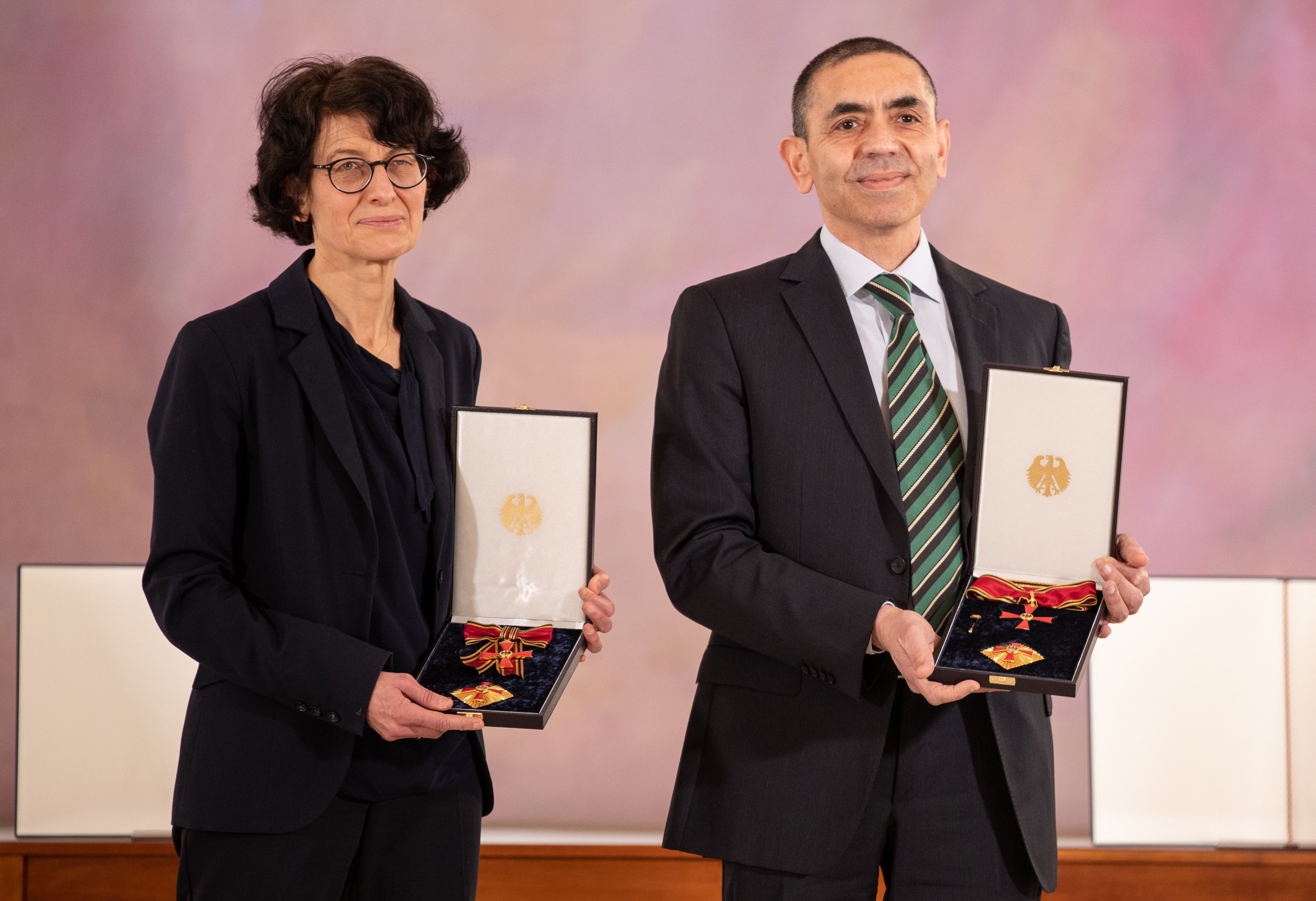
The parents of both arrived in Germany in the 1960s as “guestworkers”, and stayed. Sahin’s father worked for Ford in Cologne; Tureci’s father was a surgeon at a small-town Catholic hospital. They went through the German education system and met when he was a researcher and she was a medical student. Sahin combined his application to science with an entrepreneurial streak. When he had difficulty in funding a new research lab at the University of Mainz to investigate antibody treatment for cancer, he founded his own company, Ganymed, later selling it to a Japanese company for more than £1bn.
BioNTech was Sahin and Tureci’s second company, founded in 2008, with the Austrian cancer specialist, Christoph Huber, and it now employs more than 1,000 people and is worth an estimated £16bn – taking the couple into Germany’s rich-list this year. At the time their vaccine success was announced, however, their wealth seemed beside the point. In interviews, they came across as diffident almost to the point of self-effacing, and they continue to lead a modest lifestyle. He cycles to work, and described the results of their vaccine trials to the German press as “victory for innovation, science and of a global collaborative effort”.
Which was not quite true, because it was also a victory for Sahin’s vision and drive in switching the whole focus of BioNTech’s work from mRNA technologies for cancer to the search for a Covid vaccine in the very early stages of the pandemic and practically the day after China released the genetic code.
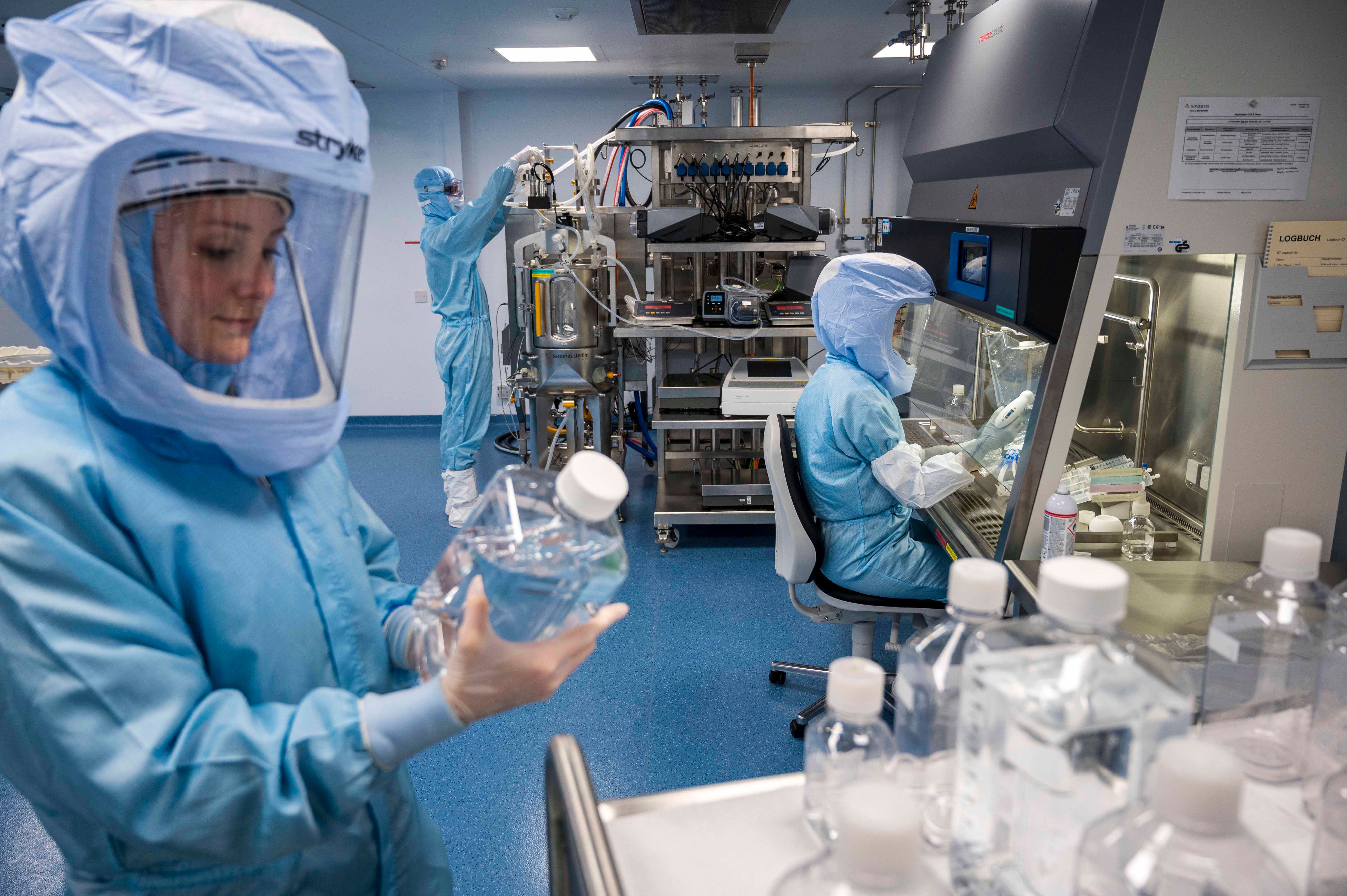
In March, Sahin and Tureci were presented with Germany’s highest award, the Great Cross with Star of the Order of Merit, by President Steinmeier in the presence of Chancellor Angela Merkel – herself, let it not be forgotten, a chemist – and their achievement represented a double boost. Not only did it show Germany’s Turkish community in the best of lights, but it also demonstrated to a new generation of immigrants in Germany – including those who walked through Germany’s suddenly open door during the 2015 refugee crisis – what they, too, could achieve. In every way, they offered the perfect story for the times.
‘Big Pharma’, which had long laboured under a collective reputation for capitalising on human misfortune, price-gouging and dubious sales practices, has been at least partially rehabilitated
Another face in the vaccine triumphs belongs to Professor Sarah Gilbert of Oxford University. In interviews given for the most part while the Oxford AstraZeneca research was still in progress and before success was guaranteed, she came across – at the risk of perpetuating national stereotypes – as the best of British. She was born in Northamptonshire, and her father worked in the shoe business, while her mother taught English. She looks and sounds sane, sensible, well-organised and massively hard-working (as she doubtless had to be, not least as the working mother of triplets).
With a degree in biological sciences from East Anglia and a doctorate from Hull (after a wobble about whether she really wanted a research career), Gilbert worked for a commercial lab (on brewing technology) before moving back to academia in 1994, taking a research post at Oxford. Having worked first on malaria and then on an Ebola vaccine, she was as quick off the mark as Sahin and Tureci, in seizing the opportunity given by China’s release of the Covid-19 genetic sequence, switching her team almost instantly from Ebola to what was fast emerging as the virus responsible for the pandemic.

Like the German couple, she has been concerned to spread the credit around. She told TheObserver: “We’ve got a huge number of people who have worked really, really hard on this for very many hours, day after day. It’s just relentless. But it helps that there are a lot of us doing it together.” Friends have been quoted as saying that she dislikes the personal publicity that has followed her success, and tries where possible to avoid it.
And, as with Sahin and Turecki in Germany, there was a national angle. As an Oxford scientist, Gilbert could be seen as the right person emerging into the limelight at the right time for the UK. With Boris Johnson’s government committed to a much bigger role for scientific research in the country’s priorities, the relatively small number of senior women in the sector, and a history that includes the sidelining of Rosalind Franklin from equal honours with Crick and Watson for her work on DNA, British science was ripe for a new female role model. Gilbert perfectly fits the bill.
It is tempting to say that the rest is history. From 8 December, when 90-year old Margaret Keenan from Coventry became the first person to receive an injection of the Pfizer vaccine outside trials, the UK, Israel, the UAE and the United States have led a super-human effort to get their populations vaccinated.
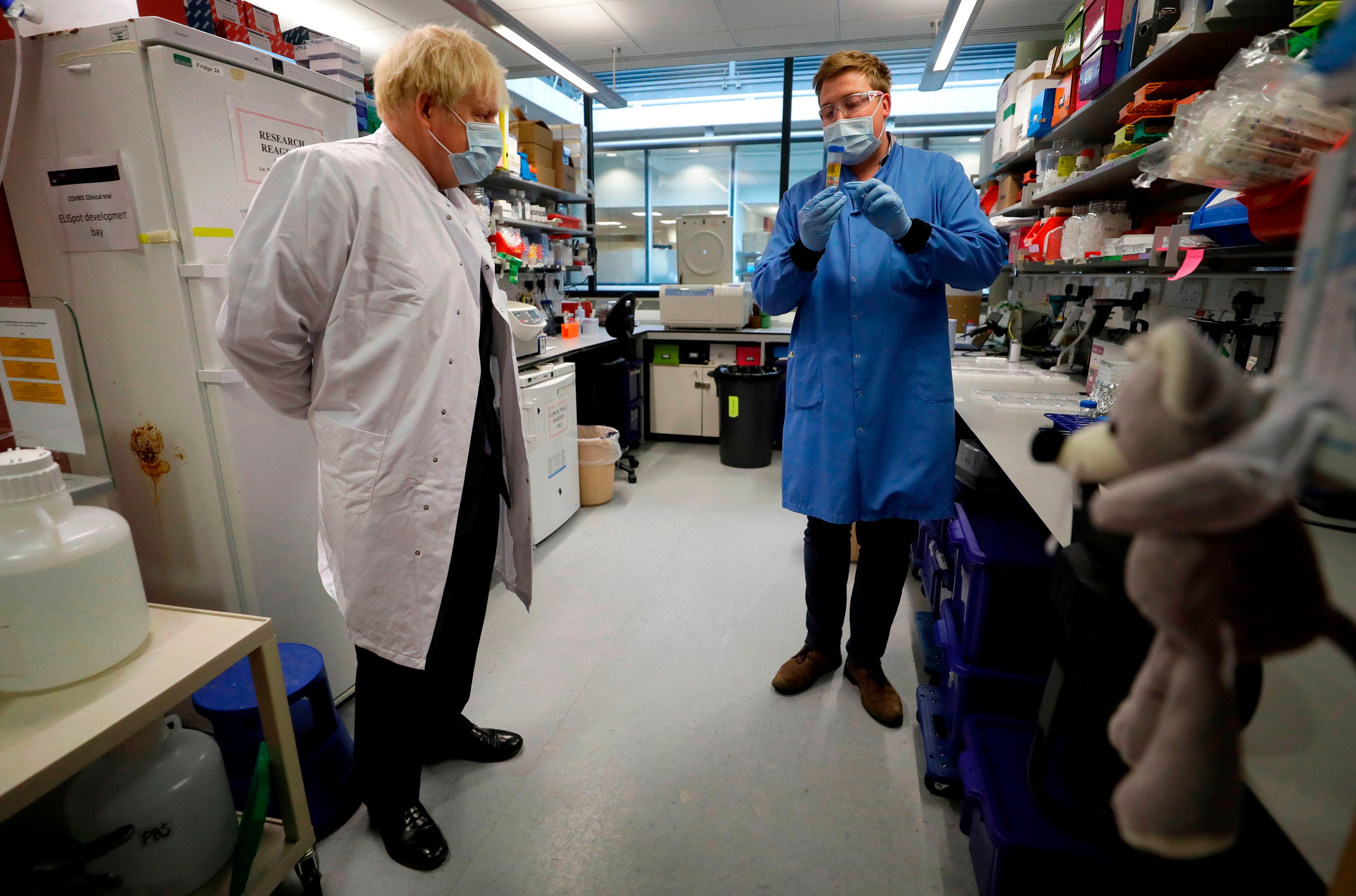
In this country, as in the US, sports stadiums, cathedrals, museums and mosques have become vaccination centres. It has been a mobilisation likened by the few old enough to remember to the distribution of gas masks at the start of the Second World War – with a shared sense of hope replacing the foreboding of 1939.
The results so far suggest that the faith these governments placed in the first vaccines has been vindicated, with a short-lived alarm over blood clotting in rare cases from the Oxford-AstraZeneca vaccine. The incidence of infection, but especially and most importantly of deaths, has plummeted as the vaccination rate has soared. It has reached a point where even the UK government’s gloomster scientific advisers are starting to sound a little more cheerful.
The good news story has had other – positive – ramifications. The number of young people interested in a scientific or medical career is reported to have grown exponentially. “Big Pharma”, which had long laboured under a collective reputation for capitalising on human misfortune, price-gouging and dubious sales practices, has been at least partially rehabilitated, as Pfizer, AstraZeneca, Moderna and the rest have become household names in a mainly positive way.
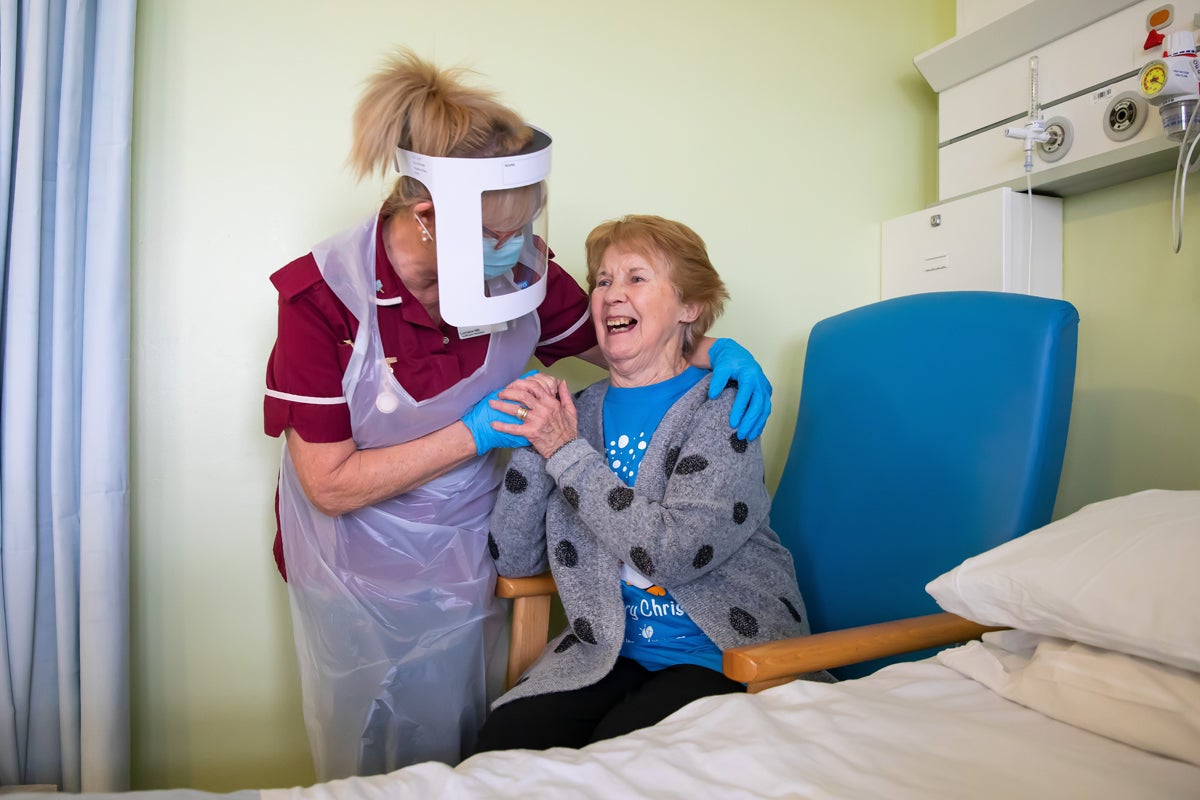
New scientific methods, coupled with political will on the part of governments and a shared sense of urgency, helped researchers develop a slew of Covid vaccines in a time-frame shorter than most people’s wildest dreams – and then produce it in prodigious, if not yet quite sufficient, quantities. The so far successful vaccination drives have also helped raise morale in the UK and the US, where early failures in tackling the pandemic had left these countries with some of the highest death rates of all industrialised countries.
As to why the UK and the US should have performed so badly, especially in the first wave this time last year, it has often been observed that the pandemic highlighted and exacerbated each country’s existing shortcomings. In the UK, as in the US, these included the high level of inequality, the relatively poor state of public health, including high rates of diabetes and obesity, and the number of low-paid workers who could not afford to take sick leave. Some of the same social ills, compounded by poor planning, defective infrastructure and the socially divisive caste system, are now fuelling the catastrophic second wave in India.
How far should vaccine be considered a common good, and how can it, in practice, be shared when there is not enough to go around?
And it is not just existing failings that the pandemic has highlighted around the globe, but a swathe of knotty ethical issues. One of these, graphically illustrated by the catastrophe in India, is what, if anything, the rich world owes to the poor and how far medical supplies, and especially vaccines, should be shared. An international drive to accelerate the sharing of research and production of tests and vaccines, named Covax, is being co-led by the World Health Organisation, and 189 countries are signed up to it. But life – and death – have been outpacing even the best of intentions, and it has been left largely to individual countries to try to meet India’s desperate appeals.
Then there is the principle of vaccine “ownership”. How far should vaccine be considered a common good, and how can it, in practice, be shared when there is not enough to go around? When Bill Clinton was US president he declared that the decoding of the human genome could not be patented by one or other commercial or academic concern. It was so fundamental, he insisted, that the information had to be open and available to anyone.

Something similar might apply to vaccines. How far should companies be allowed to reap the rewards of their investment by patenting their formulae, and so effectively excluding those who cannot pay? Should there be a bar on rich countries buying up more vaccine than they need, just in case, or to vaccinate all their own people first, not just those most at risk?
Some of the answer is unfolding before our eyes. The medical mantra is that “no one is safe until everyone is safe”. To expect governments to share anything except surplus vaccine, however, is unrealistic. Any government that delayed vaccinating a part of its population in order to send stocks to, say, India – which might well lack the capacity in current circumstances to use it – would risk being booted out of office.
Another way might be for patents on Covid-19 vaccines to be waived temporarily, so that poorer countries can buy or produce their own. A group of US legislators, charities and Nobel Prize-winners has petitioned President Joe Biden to support such a move – though it looks unlikely, given that the US has blocked talks along these lines at the World Trade Organisation. Without such a concession, however, working through Covax looks like the best prospect.

And then there is the question of “vaccine passports” – currently a hot topic across the western world, especially among those keen to return to foreign travel. How far may a government require its people to prove their infection and vaccine status? Does this not risk the emergence of a two-tier society, with freedom for vaccine-haves and exclusion, to a greater or a lesser extent, for those who cannot or will not, be vaccinated?
As of now, it would appear that vaccine-passports will become a fact of life for cross-border travel, with individual countries deciding on their own requirements at home. The half-hopeful news here comes from Israel, where it would appear that, once a sufficient majority of the population has been vaccinated, proof of vaccination starts to become redundant.
These are all profound and so far mostly unresolved questions, although the pros and cons have been well-rehearsed for months. But there is another, equally intractable issue that has generally received far less public attention. This concerns the three-cornered relationship between government, business and the academic world in terms of funding, owning and sharing scientific advance.
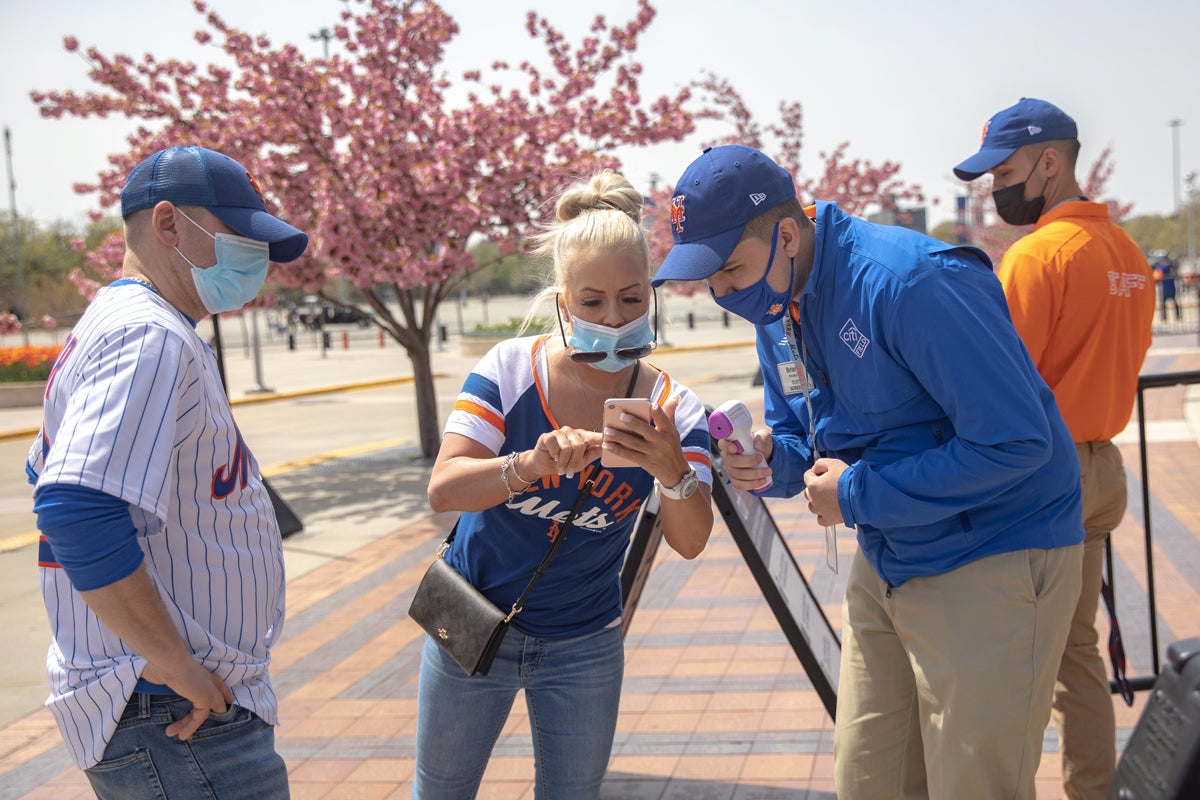
As mentioned, the German-Turkish couple founded BioNTech as their second business venture, teaming up with Pfizer to develop their Covid vaccine. Their company could now be worth considerably more than the £16bn it was valued at before, given that their vaccine was the first to gain widespread approval but also seen as among the most effective. Sahin and Tureci are not just entrepreneurs, however, they are also academics attached to the University of Mainz.
Cross the Channel now to the University of Oxford, where – it has been reported – Professor Sarah Gilbert and her colleague, Professor Adrian Hill, stand to make more than £20m apiece, if, as appears likely, the company they co-founded five years ago is floated on the New York Stock Exchange. Each owns 5.2 per cent of Vaccitech, described as an Oxford University “spin-out” company that owns the design of the AstraZeneca vaccine and a number of others, including Mers and some cancers.
What we once called the Oxford vaccine is being marketed on a non-profit basis for the duration of the pandemic. It has also been designed with poorer countries in mind
Gilbert has said that their purpose in setting up the company was to allow them, and the university, to profit from their discoveries. The coincidence of the Covid pandemic, their field of research and the success – despite the blood-clotting glitch – with their vaccine means that their foresight is likely to pay off big time.
Now nobody, but nobody, I imagine, would begrudge either Gilbert or Hill, or the Sahin-Türeci partnership, the financial rewards from their expertise and ingenuity. Between them they can lay claim to having saved millions of lives, and paved the way for a return to normality. Indeed, it could be argued that even with a payday of many more millions, their contributions would be cheap at the price.
It must also be noted that Gilbert and Hill, together with Oxford University, introduced an admirable element of social conscience into the deal they struck with AstraZeneca. Unlike the Pfizer-BioNTech vaccine, which is being sold on a standard for-profit basis, like most of the other vaccines, what we once called the Oxford vaccine is being marketed on a non-profit basis for the duration of the pandemic. It has also been designed with poorer countries in mind: it was far simpler to store, for instance, than the early versions of the Pfizer vaccine. The whole idea was that it should be available as broadly as possible.

Gilbert is memorably on the record as saying that: “We're a university, and we're not in this to make money.” A logical conclusion might be that her millions, if they transpire, will be used for academic and/or philanthropic ends.
And yet, and yet. The practicalities, like the ethics, are a bit more complicated. At Oxford many moons ago, I remember a world that was very different; a world where those researching in the natural sciences vanished to their labs every day with scant thought of any commercial engagement, let alone any millions heading their way. The dream was a life-saving breakthrough, ultimately, a Nobel Prize. There was, I recall, a clear line between those who took the academic route and those who – by temperament or necessity – found jobs in the commercial sector as, among others, did a certain Margaret Thatcher.
When the world of commercial pharmaceuticals and academic science first started to intersect, it was via named endowments of professorial chairs or research fellowships that were not significantly more generous than the standard academic pay, and left a great deal of freedom as to the top and approach of the research teams. Much of that has changed.
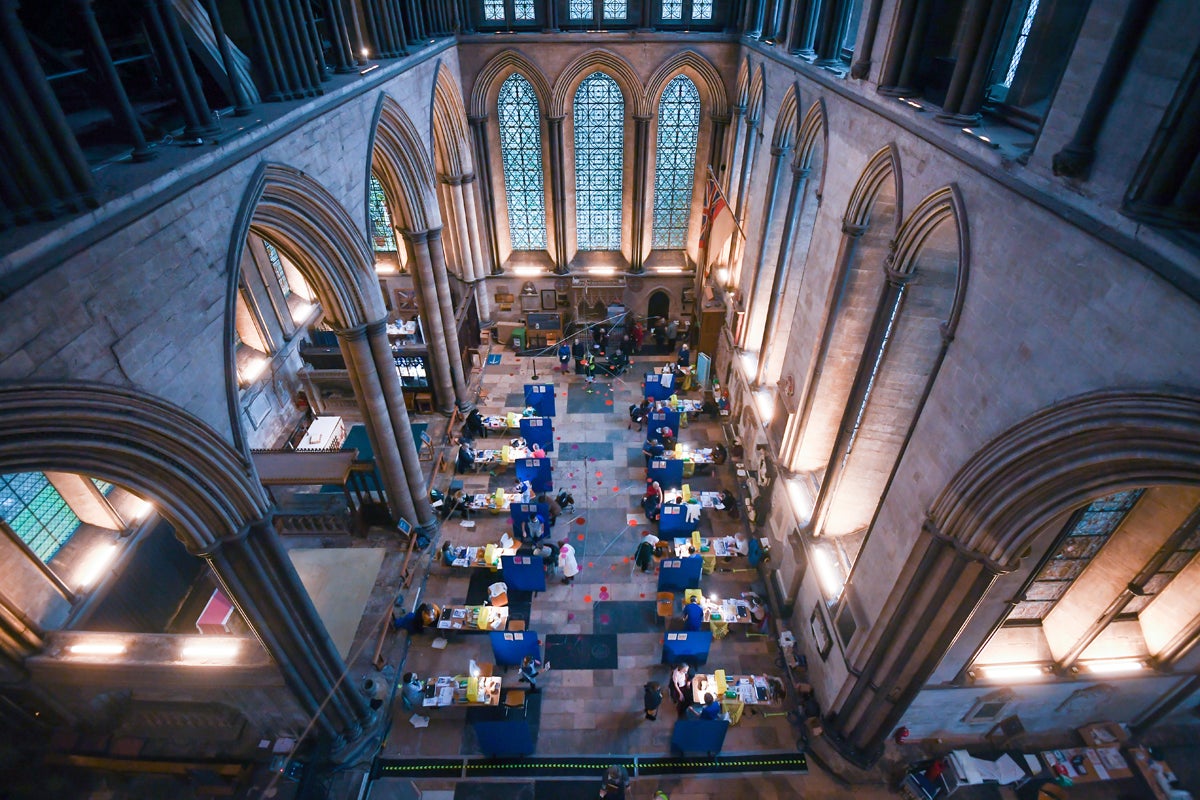
The “spin-out” company – as in Vaccitech – is often the form chosen for academic-scientific collaboration. Researchers are committed to a particular project, which benefits from significant commercial funding and where they can choose to take out a share, so gaining a direct financial interest in the results. Usually, the university, or the department or laboratory, will take a cut.
And alongside the proliferation of such arrangements – in which pharmaceutical research is but one fertile field – has grown a whole academic literature on the pros and cons of this form of cooperation between business and the academic world. Briefly put, the pluses are funding, speedier transfer to a commercial application from a scientific idea, and a share for the researchers and the academic institution of potential profits. Business benefits from already expert researchers and the reputational benefit of a tie-in with academia.
But there can be negatives. What, in universities, might once have been pure scientific research, may now come with commercial strings attached. If the science is not borne out, or the venture proves uncommercial for whatever reason, including if a competitor gets there first, then the investment has to be written off. There is no benefit, financially or reputationally, to either side. It is not hard to suspect there might be an incentive to gloss over, even manipulate, adverse results.
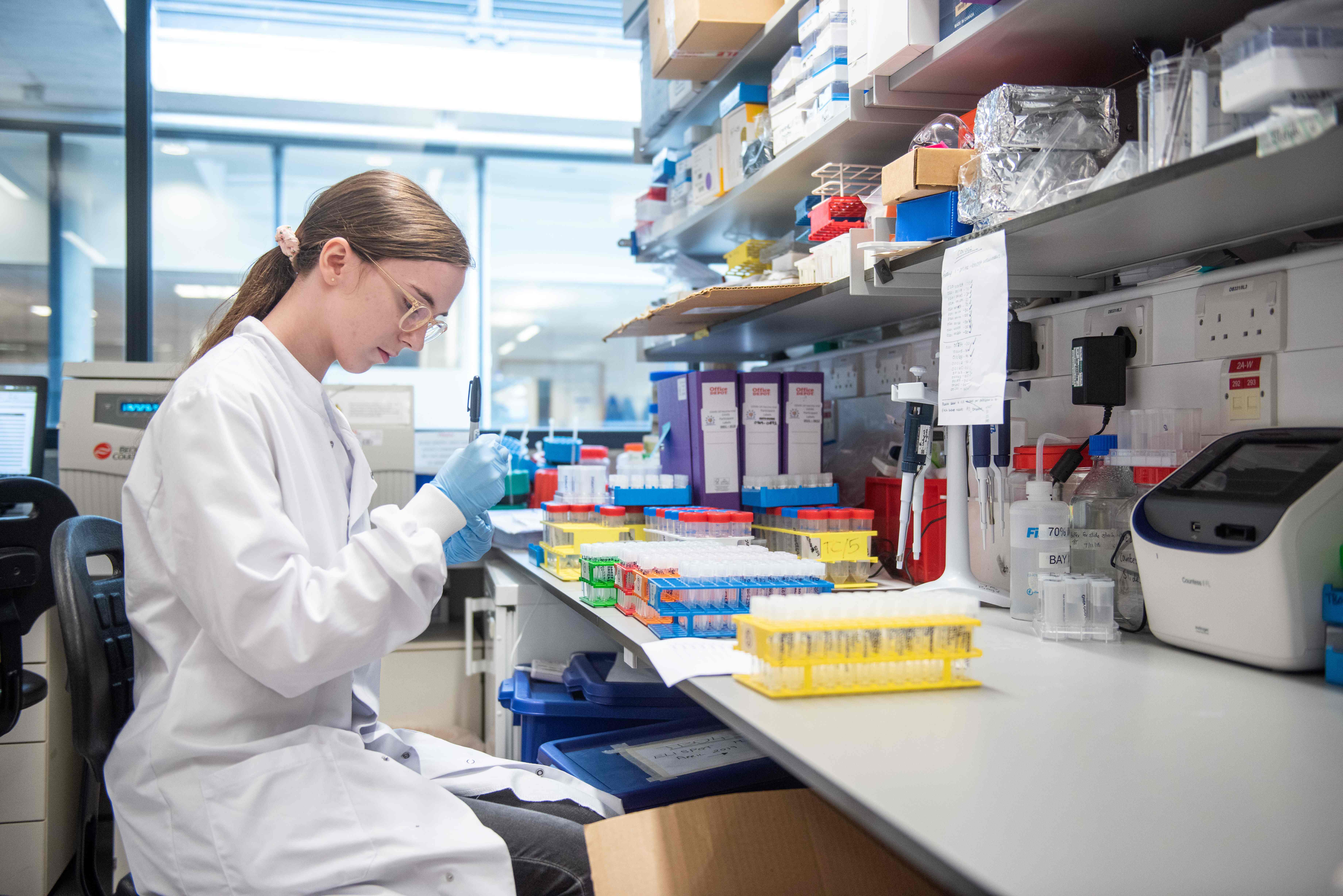
The flow of commercial money into university labs may also be skewing academic research towards projects with practical application, to the exclusion of the sort of basic research that only universities have traditionally done. Such a change in emphasis could limit breakthroughs in the future. And what about institutional harmony? Professional rivalry has been a destructive force since whenever, but to that rivalry has been added money. What happens when researchers in one lab rake in millions, while those in the next lab do not, by the pure chance of the specialism they chose way back when?
Then there is the element of risk. The rewards in pharmaceuticals are often said to be so high because so are the risks. But how much risk are scientists with the security of a university position taking on? Not a great deal. But the answer to the same question applied directly to the development of the first Covid vaccines is: almost none at all, because much of the funding has come neither from the commercial company, nor from the university or its researchers, but from government. That is, from us, the tax-payers.
If commercial companies and scientist-developers are going to profit mightily from their contribution, surely the governments that supplied so much of the funding should have a stake, too – and not only in being vaccinated for free
A recent study – still awaiting peer-review – from the campaign group, Universities Allied for Essential Medicines, found that, in the development of the Oxford-AstraZeneca vaccine, fully 97 per cent of the up-front costs came neither from Oxford University nor from the Anglo-Swedish company, but mainly from the good old British government, with help from charitable concerns. Specifically, less than 2 per cent of the funding it identified had come from private industry. This prompted comments to the effect that Johnson had been quite wrong when he said that the super-fast development of Covid-19 vaccines was “because of capitalism, because of greed”.
An earlier article, in the journal Social Europe, found that most of the leading vaccine candidates had benefited from years of essentially state-funded research. That included BioNTech, which had received $445m from the German government; Moderna, with more than $1bn of US government money, including from defence research; and UK public funding totalling more than £1bn for Oxford-AstraZeneca.
All of which would be fine and good, and not only at a time of pandemic. It is not hard to argue that vaccines can be seen as a key part of any country’s national security. But then the question arises: if some commercial companies and some of the scientist-developers are going to profit mightily from their contribution, surely the governments – and the taxpayers – that supplied so much of the funding, should have a stake, too – and not only in being vaccinated for free.
But it would appear not. So far as anyone has discovered, the UK government did not take a stake in the Oxford-AstraZeneca vaccine, nor did the German or US governments take any stake in the development of the Pfizer or Moderna vaccines – posing the obvious question: why not? In the end, as with most pharmaceutical successes, a few winners take all. There is no payback for the long years of largely publicly funded foot-soldiering early on.
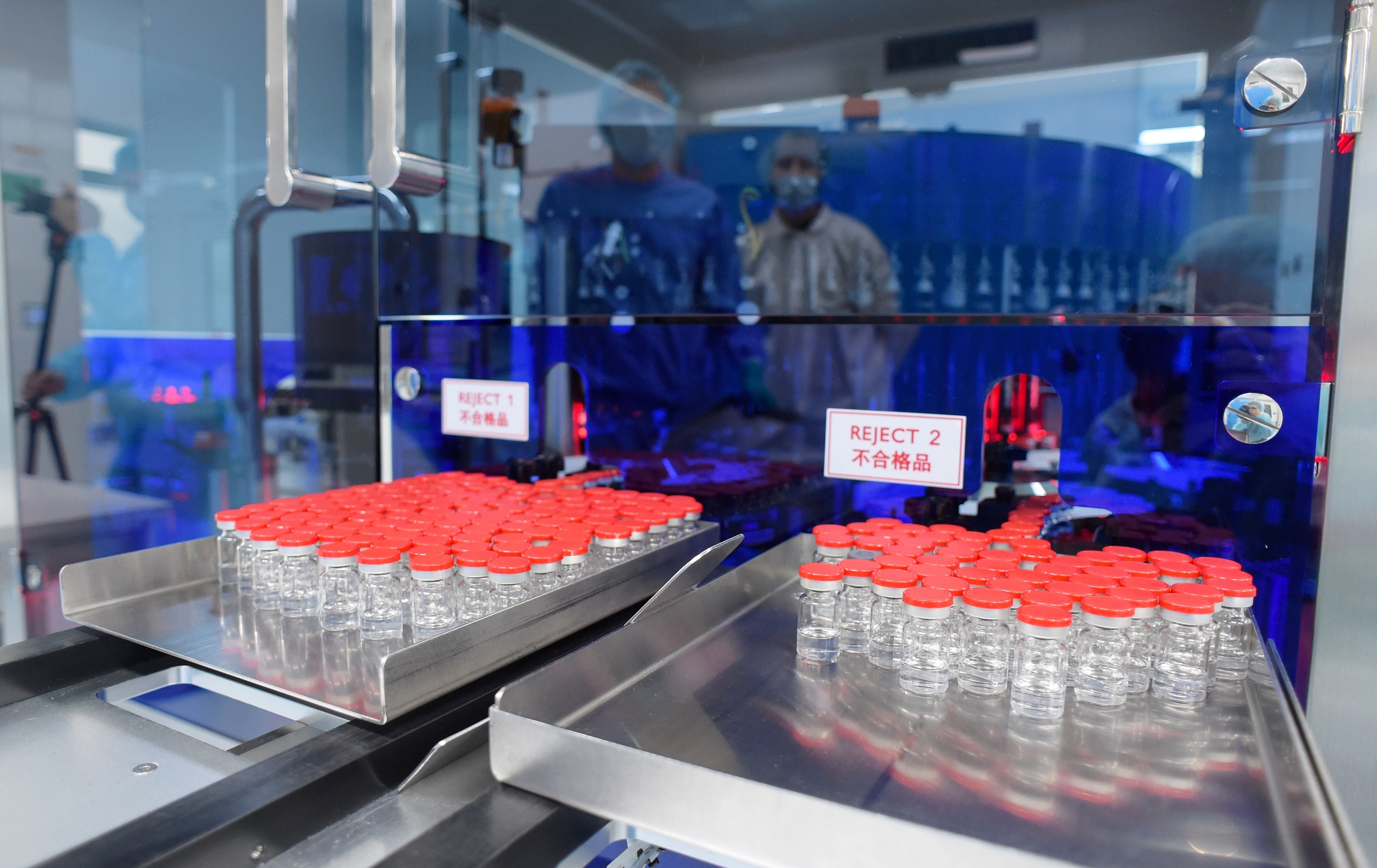
With Oxford-based Vaccitech, it appears that several Chinese firms are among the backers and potential beneficiaries, with Oxford University standing to gain 6 per cent of the revenue once sales of the vaccine transfer to a commercial footing post-pandemic. The government, though, will probably have to be satisfied with whatever advantage accrues to the country, its economy and its health system from stemming the ravages of the pandemic.
If this does not seem quite right, then it may be some consolation to know that there is a group working on this very question at University College London’s Institute for Innovation and Public Purpose. Its head is Professor Mariana Mazzucato, one of the authors of the ‘Social Europe’ article quoted above, who has long argued that without public funding at the outset most of the apparently independent Silicon Valley entrepreneurs would never have got off the ground.
The institute recently organised a discussion among like-minded academics under the title, “Are we paying twice for health innovation?” – twice being first to fund much of the research and then to buy vaccines etc on commercial terms. Their view is that the whole structure of health funding needs to be re-thought – and the WHO seems to agree.
Read More:
Alongside her chair, Mazzucato will now head a new WHO council looking at these very issues. “Vaccines and other health technologies for pandemic preparedness... often benefit from generous public R&D support,” she argues. “There is therefore a strong case to be made that these technologies should not be under the control of a handful of private companies, but be considered global health commons, available and accessible to all those needing them.”
It is not hard to grasp, however, that the route from here to there will be hard, studded as it is with a great many competing interests and contested points of view, and vast sums of money at stake. If, nonetheless, an international system can be devised that will fast-track the development of tests, vaccine and medicines, there is just a chance that in any future global health emergency the basic necessities could be available more quickly, more cheaply, and more equitably, even if some of the scientists and commercial concerns have to settle for less than the stratospheric returns a favoured few make today.
Join our commenting forum
Join thought-provoking conversations, follow other Independent readers and see their replies
Comments
Bookmark popover
Removed from bookmarks